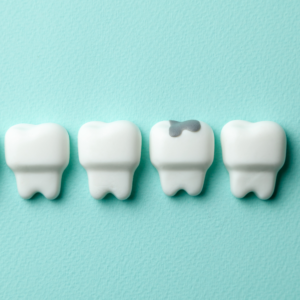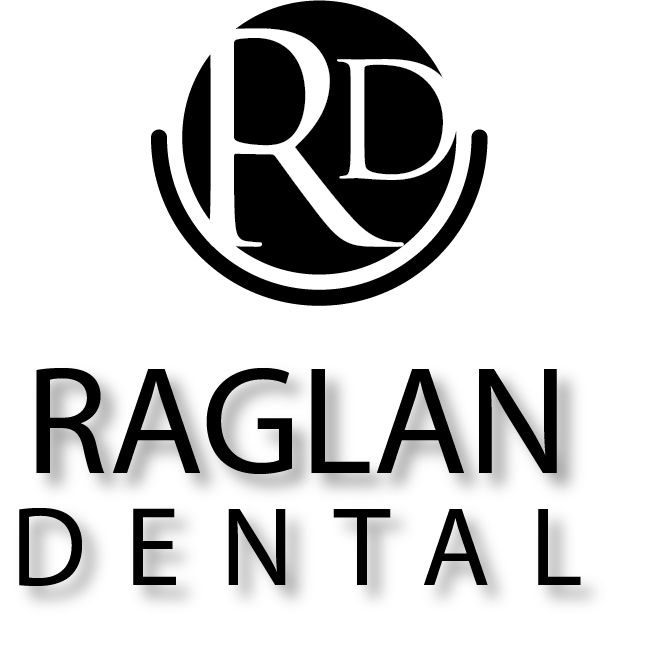Looking for dental fillings in Ballarat? You can find it here.
Dental fillings are materials used to repair damage to teeth caused by cavities or other forms of decay. The decayed portion of the tooth is removed and replaced with a filling material, which restores the tooth’s shape, strength, and function. Fillings can be made of various materials. The choice of filling material depends on factors such as the extent of the decay, the location of the tooth, and the patient’s preferences. The most common modern fillings used today are composite resin tooth coloured fillings, made from the highest quality materials from Germany, Japan or the USA. Fillings are a common and effective dental procedure that helps prevent further damage to teeth and maintain good oral health.
FAQ’S about Fillings:
1. Why do I need a filling? A filling is needed when a tooth has been damaged by decay, which can cause a hole or cavity in the tooth. If left untreated, the decay can spread, leading to further damage or infection, which can be painful and require more extensive dental work.
2. What types of filling materials are available? The most common filling materials include composite resin, Glass ionomer cement, and ceramic. The choice of material depends on the location and extent of the decay, the cost, and the patient’s personal preferences. All options are discussed at the time of examination and treatment.
3. Is getting a filling painful? The process of getting a filling is typically not painful because the dentist will use a numbing cream, and local anaesthesia to numb the area around the tooth. However, some patients may experience minor sensitivity or discomfort after the procedure, which usually resolves quickly.
4. How long do fillings last? The lifespan of a filling depends on various factors, including the material used, the location of the filling, and the patient’s oral hygiene habits. Our filling techniques and materials ensure the longest possible lifespan of the fillings, however a large determinant is the hygiene and forces the patient is putting the fillings under.
5. Can I eat and drink normally after getting a filling? You should avoid eating or drinking besides cool water until the effects of the local anaesthetic have begun to subside to prevent accidentally injuring yourself. After that, you can resume your normal eating and drinking habits, unless otherwise advised.
6. How can I prevent the need for fillings in the future? The best way to prevent cavities and the need for fillings is to maintain good oral hygiene habits, such as brushing and flossing regularly, using fluoride toothpaste, and visiting the dentist for regular cleanings and check-ups.

Call us at 03 53312931 to book a dental checkup.
